Listening to LGBTQ+ Youth
The Destructive Force of Purity Culture on Self Esteem
In a series of interviews conducted earlier this year, I had the honor of hearing first-hand what LGBTQ Youth had to say on several subjects pertinent to every teenager: dating, social media, adult support (or lack thereof), homophobia, and the strengths of the new generation. It was inspiring to learn from each participant as they responded to some of the biggest influences in our culture. In the following article, I feature one of these voices. Here, you’ll read a personal account of the impact that “purity” based teaching has on young people, especially those who identify as LGBTQ.
My guess is you will be as blown away as I was by the vulnerability and wisdom this young person brought to the table. When adults listen to the needs and perceptions of non-cis teens, we not only increase connection, we’re better able to support a population at higher risk of sexual assault and harassment. What I realized in reading their responses, is that we also have the opportunity to learn a few things about what it means to be resilient in the face of acute social challenges.
Question Number 1: What do you see as some of the major strengths of your generation in responding to dating culture, especially given the influence of social media?
“It can lead to people getting into really toxic relationships because they just don’t know the signs to look for and think everyone deserves a chance. Often, the people around them don’t want to say anything because they don’t want to look judgmental.”
Question Number 3: What do you most value in a romantic partnership?
“Having somebody else to talk to who you feel won’t judge you unless it’s necessary. People forget that sometimes we do things that make it necessary to be judged by the people around us so we don’t do it again. We all make mistakes. Also, in a romantic partnership, it’s important they aren’t exhausting to be around.”
Question Number 4: When it comes to sex and relationships, what would you say to your 16-year-old self that would have been helpful to know back in high school?
“Probably just that it’s not that serious and it never will be. It’s okay to want things and you aren’t a disgusting hell-bound freak for that.”
Question Number 5: What do you perceive were the biggest challenges you and others faced in managing the sex and dating scene in high school?
“Religion. I don’t really know what the people around me were being told but I was raised Baptist so I had to follow dating rules. Before college, I only ever went on one date and it was horrible because we went out for pizza and my mom AND two little brothers had to come with us. It ended a five-year-old friendship. The biggest problem was the inherent shame involved with anything related to sex and dating that I still can’t shake today. Because of that shame involved it also means that I just didn’t learn much at all about the subject except to hate myself.”
Question Number 6: What did you need (and perhaps wish you had more of) from the adults in your life when you were in high school?
“Any emotional support at all. I was always rewarded for being “the strong one” so I never felt I could show vulnerabilities because it would be too much for other people to handle. Any reassurance along the lines of “you’re/it’s okay,” or “I’m here for you” or a genuine “How’s it going?” would have made me break down in tears.”
Question Number 7: If you had a magic wand, what would you change about the social/sexual culture for young people, especially those in high school?
“I would get rid of purity culture in a heartbeat. Teaching kids that any sexual desires before or outside of marriage are evil is so fucked up. There’s already so much information on why purity culture is bad and damaging but it’s still a HUGE thing. A key part of that is “modest is hottest” which I also hate a lot.”
Question Number 8: How have you yourself managed social media in a way that feels healthy for you?
“I’m definitely on it too much but I try not to put pressure on myself to post. I just try my best to not get too invested and worked up over things, and mostly look at funny stuff.”
What is clear from the courageous responses on the part of my interviewee, is their ability to stand firm in their sense of who they are as an individual, as well as to name the negative forces that have shaped them.
At Be Strong, Be Wise, we recognize that teenagers are naturally interested in learning more about the sex experience, which doesn’t necessarily mean they are ready to or interested in having sex. Sexual interest is a natural part of human development, and occurs on a spectrum starting with holding hands or sharing a first kiss. When we demonize youth for their natural state of mind, we risk introducing mental health challenges that go far beyond the limits of their sex experiences.
In our course for youth, we offer extensive support to LGBTQ teens because we see the dangerous trend resulting from purity culture, and the shame and blame cycle that many teens, like our interviewee, struggle with.
If interested in learning more about our Youth Course, as well as what young people are saying about it, visit our curriculum page.

